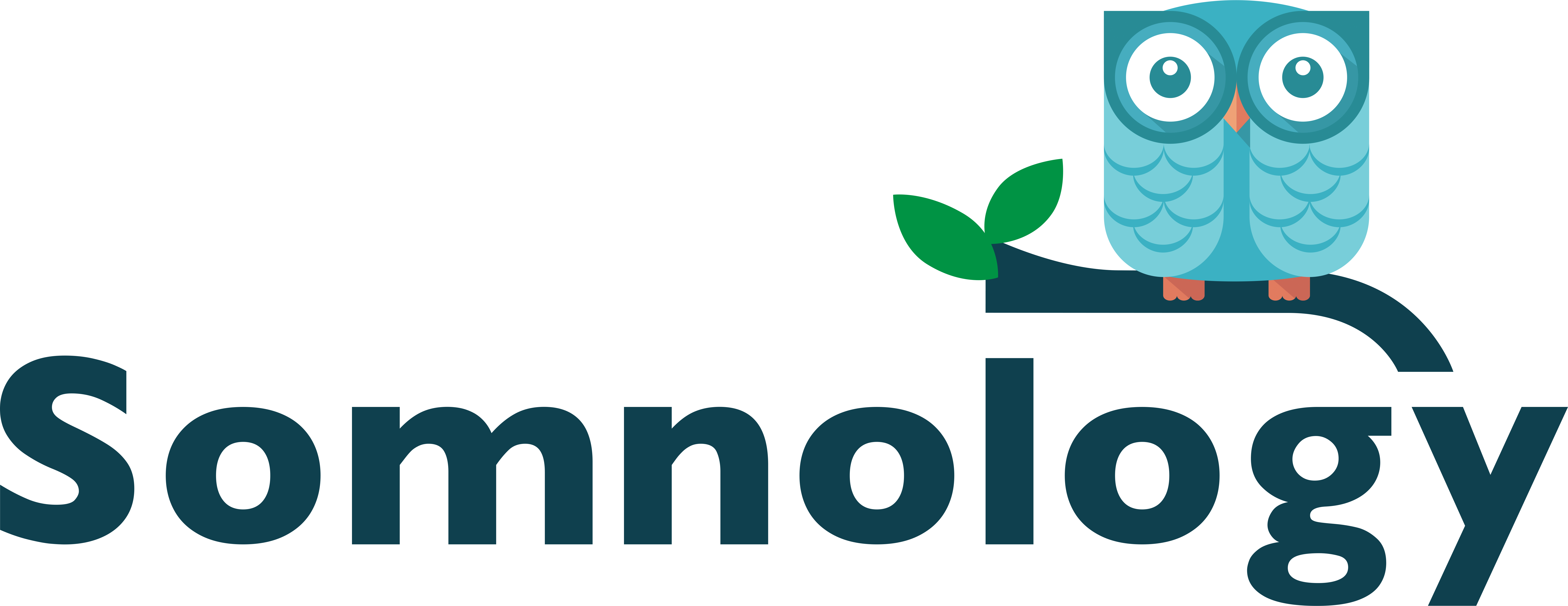Sports Business Journal has posted an article written by Somnology’s CMO and Co-Founder, Dr. Melissa Lim. She explains the obstacles athletes and organizations face to access sleep care, along with the benefits of taking a comprehensive, accurate, and thorough approach to optimizing athletes sleep health. Dr. Lim concludes with insight on how medical-grade sleep trackers, in conjunction with specialized sleep care, deliver enhanced athletic performance and improved sleep overall. The full text of the article is included below, or you can use this link to access the article.
More sleep could be difference between winning and losing
By Dr. Melissa Lim
Thursday, March 3, 2022
If the act of sleeping had a mascot, it would be basketball superstar LeBron James. The four-time NBA champion clocks in 10 to 12 hours of shut-eye per night and is a vocal advocate of sleep for optimal sports performance.
“[Sleep is] the best way for your body to physically and emotionally be able to recover and get back to 100%,” James said on the “Tim Ferriss Show” podcast.
He’s right, and mounting research backs him up. According to a Stanford study of men’s basketball players, those who extended their sleep to 10 hours a night ran faster in both half-court and full-court sprints. Also, their shooting improved by 9% for both free throws and three-point shots. This could make the difference between victory and loss in a high stakes game.
However, obtaining adequate sleep isn’t always as easy as James and his trainer make it sound. In fact, a study published in the Journal of Sports Sciences revealed that sleep disorders affect as many as one in four pro athletes. In 2022, this should be a wake-up call to sports leaders at all levels, from high school coaches to managers of professional sports teams and Olympic trainers.
While we’ve come a long way in emphasizing mental wellness in some sports, we need to help get players caught up on their sleep.
The Restless Athlete
Helping athletes improve their sleep health starts by addressing their biggest obstacles. Perhaps the biggest obstacle is awareness. Most sports teams don’t employ a dedicated sleep specialist or utilize a full-service sleep-health treatment program. Coaches encourage healthy living, but when athletes aren’t sleeping adequately — say, because of persistent insomnia — there aren’t systems in place to quickly intervene, diagnose, and treat potential sleep disorders.
The performance demands and scheduling shifts during the active season also affect athletes. A 2014 study on the impact of sports training schedules showed that elite swimmers averaged 5.4 hours of sleep on nights before training, and 7.1 hours on rest days — which still fell short of optimal levels. Elite soccer (football) players, meanwhile, slept on average 157 minutes less after nighttime matches than after daytime matches and 181 minutes less after a training day, according to a separate study.
Exacerbating these challenges is the bias that sleep loss and other sleep disorders only affect unhealthy individuals — for example, people who are overweight, smoke, or work overnight shifts. No one associates a young, fit individual with chronic sleep disorders.
And even when sleep problems are identified in athletes, many traditional sleep solutions are either difficult to access or not tailored to a particular individual’s unique situation.
While wearable sleep tracking applications may provide insights into sleep patterns, they do not diagnose deeper clinical issues such as sleep apnea. The comprehensive, gold-standard polysomnography, or laboratory sleep study, in which a technician monitors an individual’s brain waves and breathing patterns while they sleep in a sleep center bedroom, can do this. However, for many people formal sleep studies are not easy to tolerate or obtain: The tests require physician referrals, pre-visit consultations, plus a 10+ hour time commitment outside the home in a dedicated location (that may be far from a one’s residence).
Moreover, the turnaround time between sleep referral and treatment using the traditional sleep services model can be significantly delayed from weeks to months — during which a patient’s sleep disorder, as well as their performance, may be worsening.
Improving the Sleep Game Plan
Like many other things, improving sleep for elite athletes starts with a cultural and behavioral shift. Coaches, athletic directors and team managers need to do a better job of aligning words of support with meaningful actions, such as encouraging athletes to tell their coaches when they have trouble with their sleep. This is especially true for coaches of younger athletes, who, like many of their peers, are struggling with prioritizing sleep over many other competing obligations. Athletic leaders should make themselves available to help players and remind them to talk to their physicians or trainers to seek solutions for their sleep problems.
Athletic organizations should also consider adopting more accessible sleep solutions. Don’t just give a player a wearable sleep/activity tracker and send them on their way, assuming that the tracking device itself is making a significant impact. Adopt a more comprehensive approach, one that coordinates the use of wearable trackers, data analytics, and specialist telehealth consultations. Many organizations and businesses are already realizing the benefits of this approach, such as high patient satisfaction, reduced turnaround time, and significant cost reduction.
With a coordinated, ongoing care model, players wear medical-grade sleep tracking devices that monitor patterns of sleep and wakefulness and transmit data to secure servers, where telehealth sleep specialists can download comprehensive reports and recommend next steps. Taking advantage of remote sleep monitoring and services allows athletes to gain the greatest insights into their sleep to make the changes necessary to achieve optimal sleep health.
While snoozing as soundly as King James might seem as out of reach as his effortless three-pointers, athletes at all levels can improve their productivity and overall health by prioritizing sleep. A well-rested team is one that is ready to take its A Game from scrimmages to the championship.
Melissa Lim, MD, is the medical director of Redwood Pulmonary Medical Associates and the Chief Medical Officer of Somnology, Inc.
